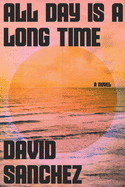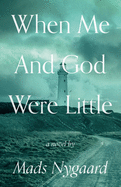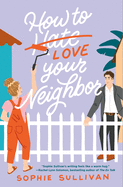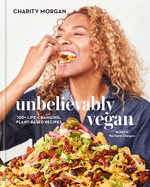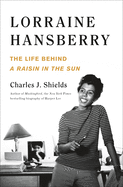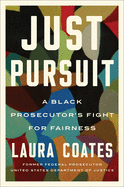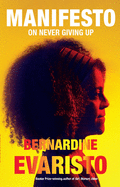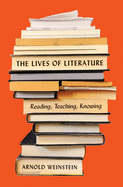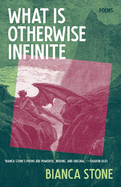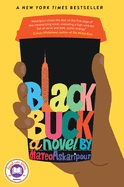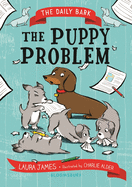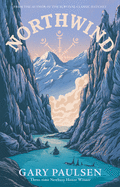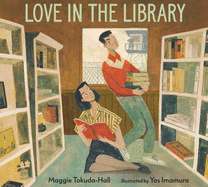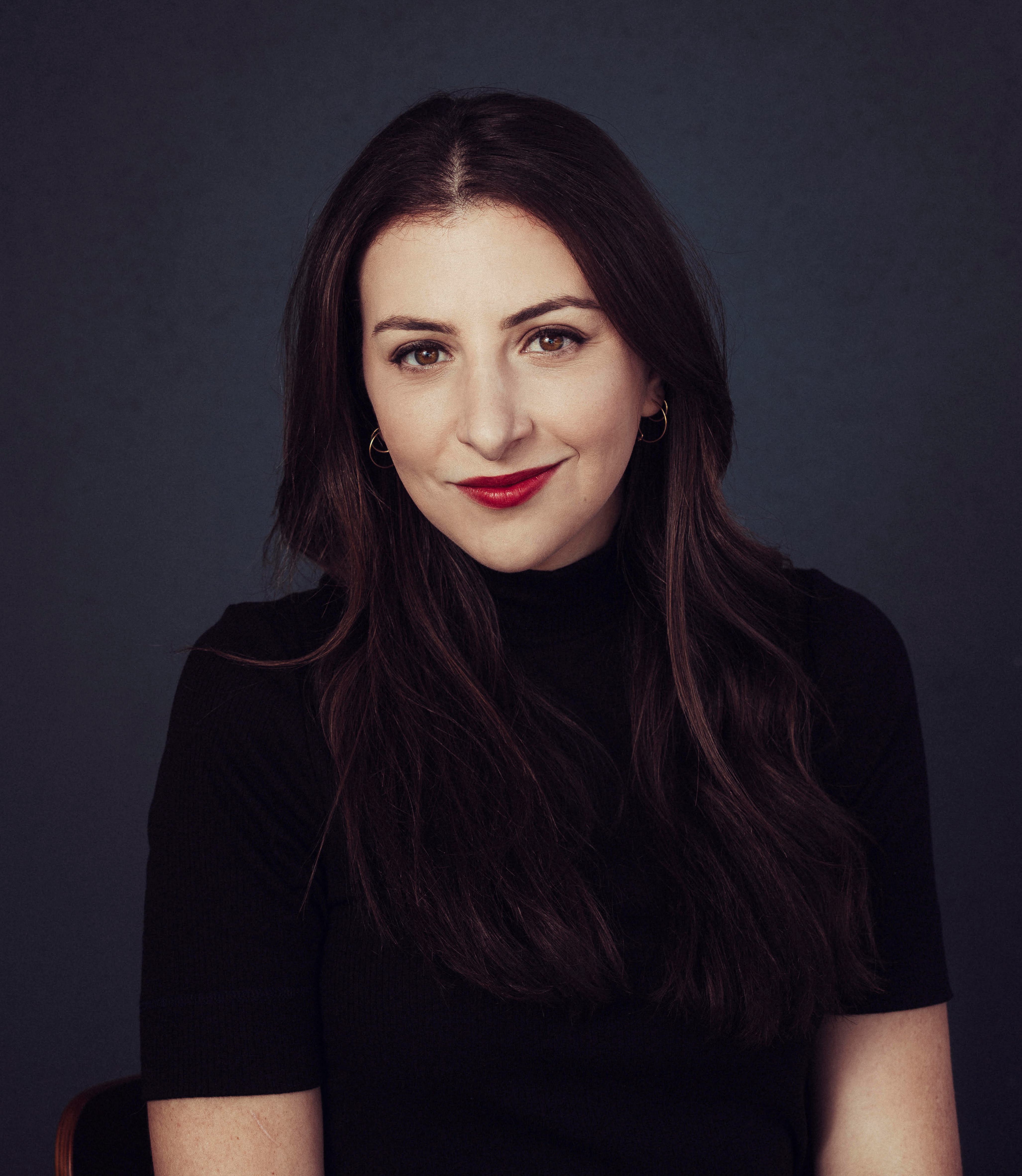 |
| (photo: Sela Shiloni) |
Dana Schwartz is the creator and host of the podcast Noble Blood, which explores the fascinating (and gory) tales of history's most infamous royals. She's also the author of a memoir, Choose Your Own Disaster, and a humor book, The White Man's Guide to White Male Writers of the Western Canon, based on her viral Twitter account @GuyInYourMFA. She lives in Los Angeles with her fiancé and beloved cats. Anatomy, her fourth book, was just published by Wednesday Books.
While there are similarities between your podcast Noble Blood and this novel, Anatomy is quite different from your previous writing. What inspired this project?
The idea for Anatomy came long before Noble Blood. I wanted to write a book, ideally a YA book, that captured everything I loved when I was a teenager. And I loved weird, dark things. I liked Coraline and The Martian Chronicles and Penny Dreadful and Crimson Peak. Beautiful, romantic, weird things. The connective tissue of Frankenstein and My Chemical Romance in a non-Hot Topic way. Before I moved to L.A. I had a fellowship at a castle called Hawthornden Castle, which is where most of the book takes place. I spent a month there writing and that's where I had the original idea for Anatomy. Edinburgh is such a cool, romantic, beautiful city. I wanted to be able to capture that. You're walking down these cobblestone streets and the history there is really bloody and a little macabre. There were hangings there and that's where the anatomy schools were happening. There was even this famous case of these two resurrection men who were murdering bodies to sell them to doctors. I wanted to take all that dark, moody, romantic history and wrap it up into a package that I would have wanted to read when I was 16.
Even though a lot of my writing has been spread across a lot of different genres and mediums, I try to keep my interest authentic. Because if it's boring for me to write about, I assume it's boring for someone to read about. I ask myself that with every episode of Noble Blood. Do I actually care about this? And I wanted to communicate that through Anatomy, too. I wanted to write a story that looked like the teenaged Tumblr page of my brain.
In researching Anatomy, what were your go-to stories, texts or materials?
I love research, that feeling of the detective work of finding out information from different sources. It feels like putting together a puzzle. It massages my brain. For Anatomy I started with books. I actually have an Anatomy shelf. On it, I have The Butchering Art, The Royal Art of Poison, Get Well Soon by Jennifer Wright, Stiff, The Invention of Murder, Murder by Candlelight, Crucial Interventions. Basically, it's a full shelf of books about murder and the history of medical procedures in the 19th century and doctors in the 19th century. Then I went from there. It really got me in the mood. That and a spooky playlist as I wrote.
In writing the horror elements of Anatomy, how did you strike the balance between indulging in creepy gore without being gratuitous?
I didn't want to condescend to young readers. I didn't want to pull any punches. People have a macabre fascination with things. Sometimes people are drawn to dark, slightly gory things. I wanted to capture that in a way that spoke to how human beings are drawn to gross things, things close to death. It's the same impulse that makes us watch horror. We are scared of death, and we are trying to conquer it. We are trying to skate as close to the edge as we can. Without giving much away, that idea of trying to conquer death is a big theme for the last turn of the book. We are just bodies. Isn't that gross and weird? That's a thing that fascinates me and I thought would be interesting for readers.
While this novel is a page-turner, it's also got a lot of complex social commentary.
The social commentary angle was inspired by a thing that was real at the time, where poor people would sell their teeth to wealthy people. That literal transference interested me. In the 19th century, they thought, incorrectly, that if they pulled a fresh, living tooth and put it into a rich person's mouth that it could reattach. Poor people would get paid to sit in chairs and get a tooth pulled with no anesthesia. That became such an anchor for what I wanted to say with the book because it's visceral and visual and creepy. But also it's such a perfect metaphor for how much labor and how much of themselves people in this country need to give to the wealthy for their own survival.
How did you juggle the many genres in this book while writing it?
I often closed my eyes--literally or metaphorically--and tried to visualize what would be the best version of this story. I don't want to give it away, but the minor sci-fi departure of the book is basically the question of what if that tooth extraction/replacement worked? How would society work if that was a real power that some people had?
The weirdest thing for me is this was a book about a pandemic that I conceived of two years before coronavirus. The Roman fever--the sickness in the book--is fictional but I looped together a bunch of diseases that existed at the time. It was an example of taking something real from the 19th century and fictionalizing to make it a little more coherent for a book, plot-wise. But then a real pandemic happened, and I was like, "oh boy, if I were rewriting this now it would be a little different." I will say one change I made to a draft of the book: I had a doctor character who had a vaccine that turned out to be a con. And I took that out because I didn't want anything in my book to discourage people from the vaccine.
Are there new projects you are working on that you can tell us about?
You might have noticed that the book is a little bit open-ended. So, hypothetically, if someone were to say there's a sequel being written, it would feature a little bit more of the Noble Blood aspect of this book. It would explore more about what court was like at the time. King George IV is going to be the first English monarch to visit Scotland in a generation. So, there's a lot happening in the real world with the relationship between the English royal family and what's happening in Scotland that I might want to explore. Hypothetically, one thing I would also do is get into a little more of the logistics and dynamics of the sci-fi aspect of medicine I tease to at the end of this book. --Alice Martin
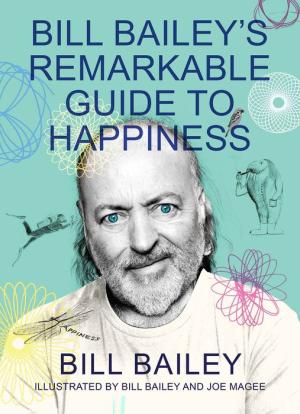 Which leads me to Bill Bailey's Remarkable Guide to Happiness (Quercus, $28.99). In his chapter on reading, Bailey observes: "There are many scholarly articles which list the benefits of reading, ranging from having a greater vocabulary to being more thoughtful towards others, or even broadening your outlook on life generally."
Which leads me to Bill Bailey's Remarkable Guide to Happiness (Quercus, $28.99). In his chapter on reading, Bailey observes: "There are many scholarly articles which list the benefits of reading, ranging from having a greater vocabulary to being more thoughtful towards others, or even broadening your outlook on life generally."


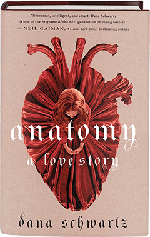


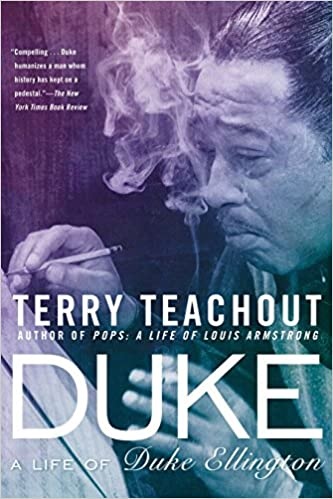 Terry Teachout, a prolific author and cultural critic "who, in his columns for the Wall Street Journal, the Daily News and other publications, brought his all-encompassing intellect to bear on Broadway, ballet, bluegrass and practically every art form in between," died January 13 at age 65, the
Terry Teachout, a prolific author and cultural critic "who, in his columns for the Wall Street Journal, the Daily News and other publications, brought his all-encompassing intellect to bear on Broadway, ballet, bluegrass and practically every art form in between," died January 13 at age 65, the 